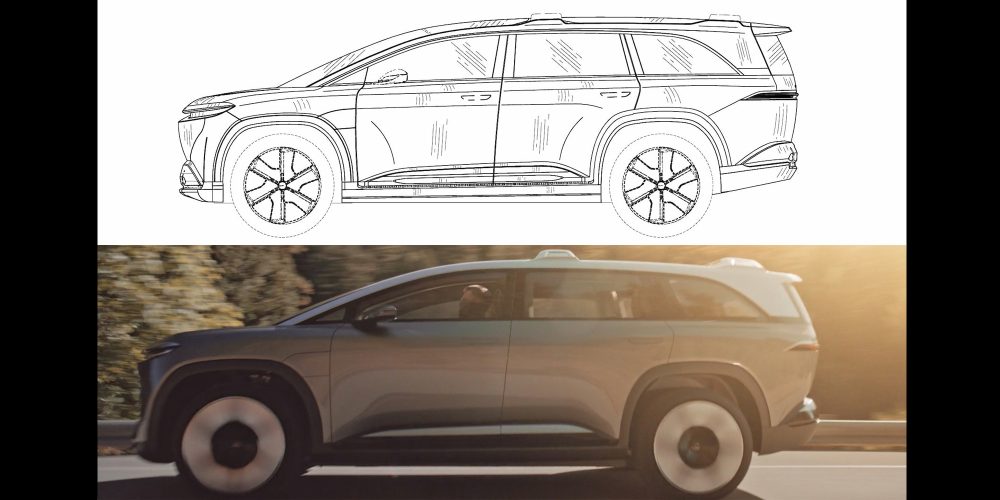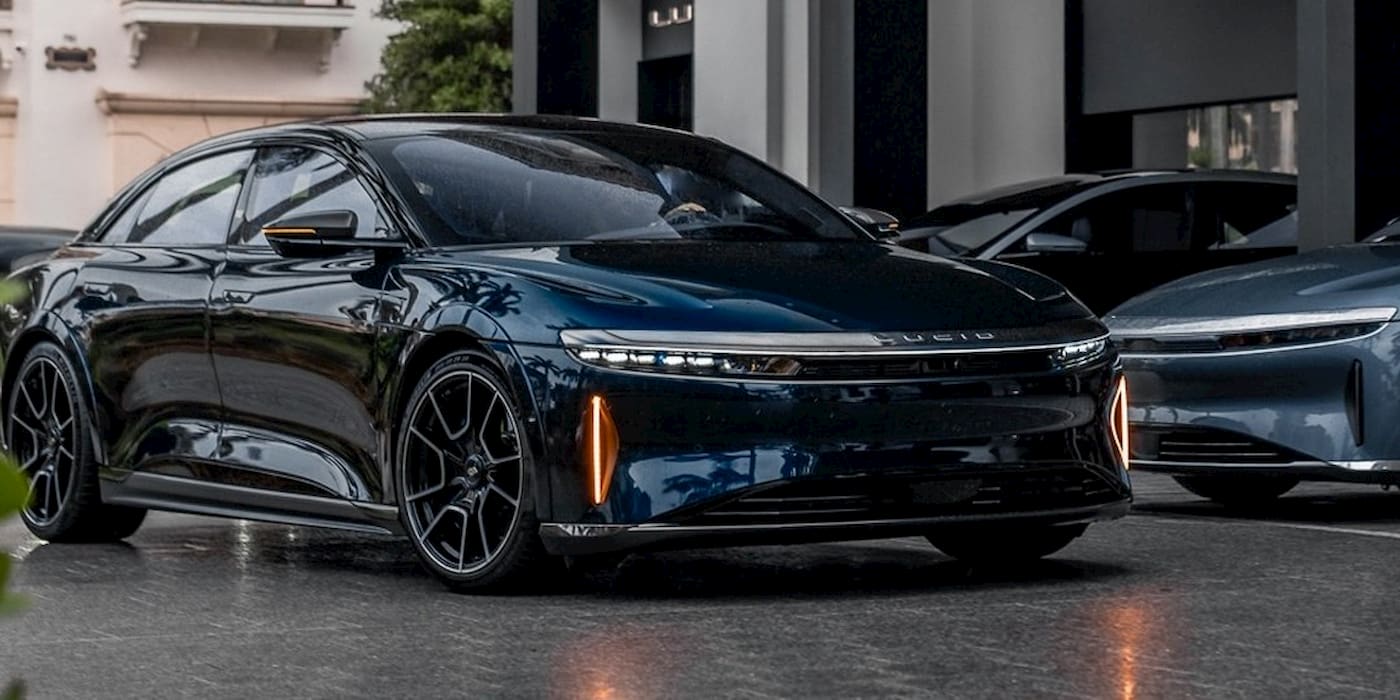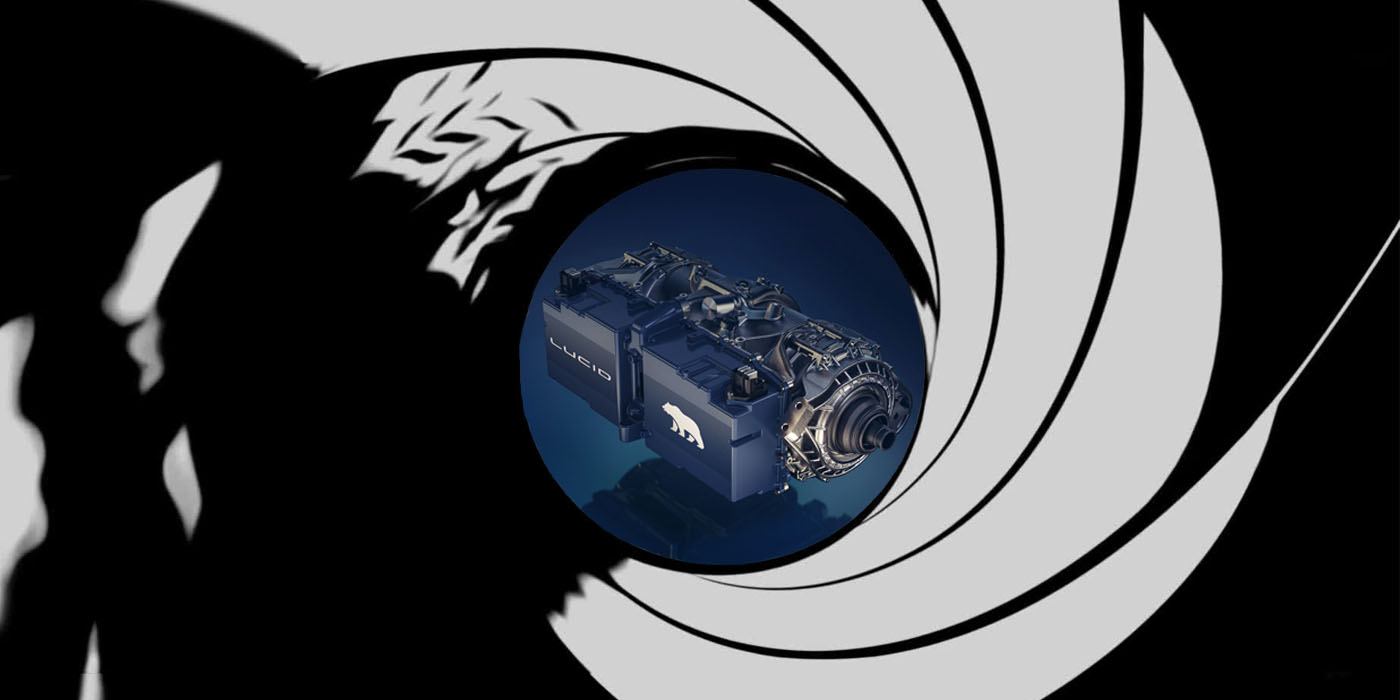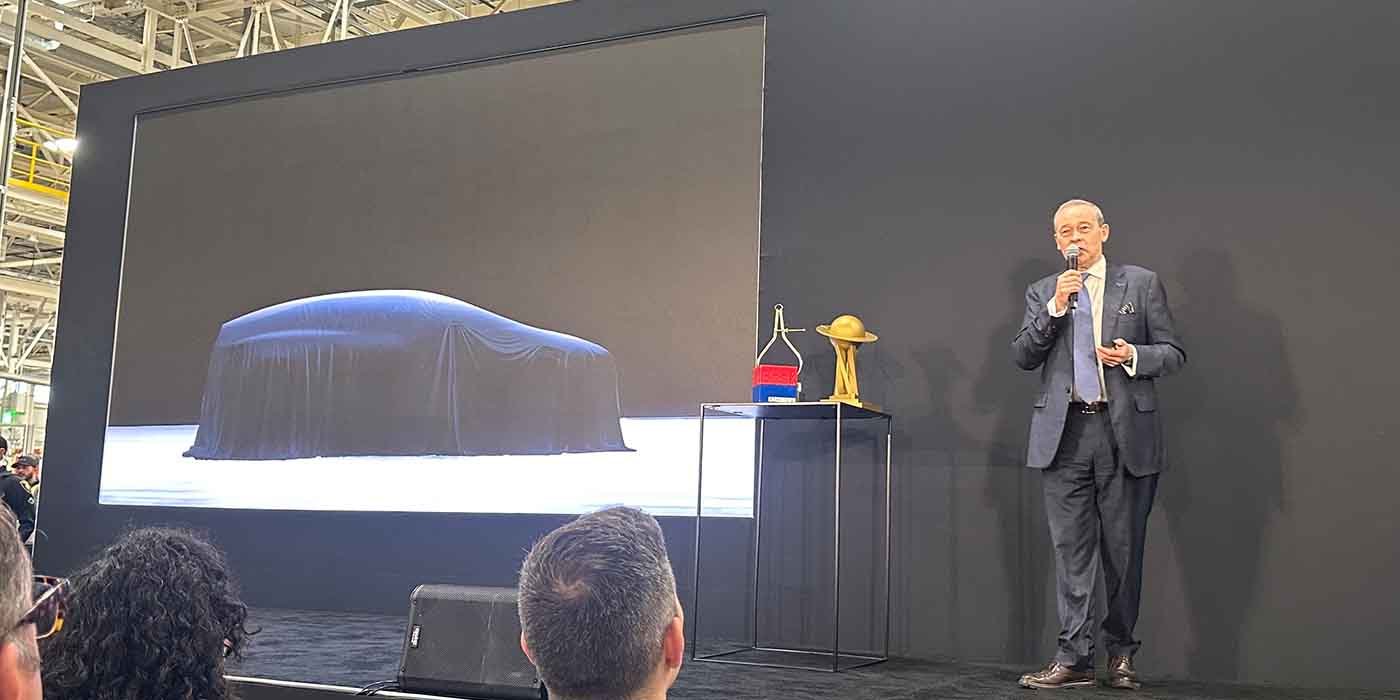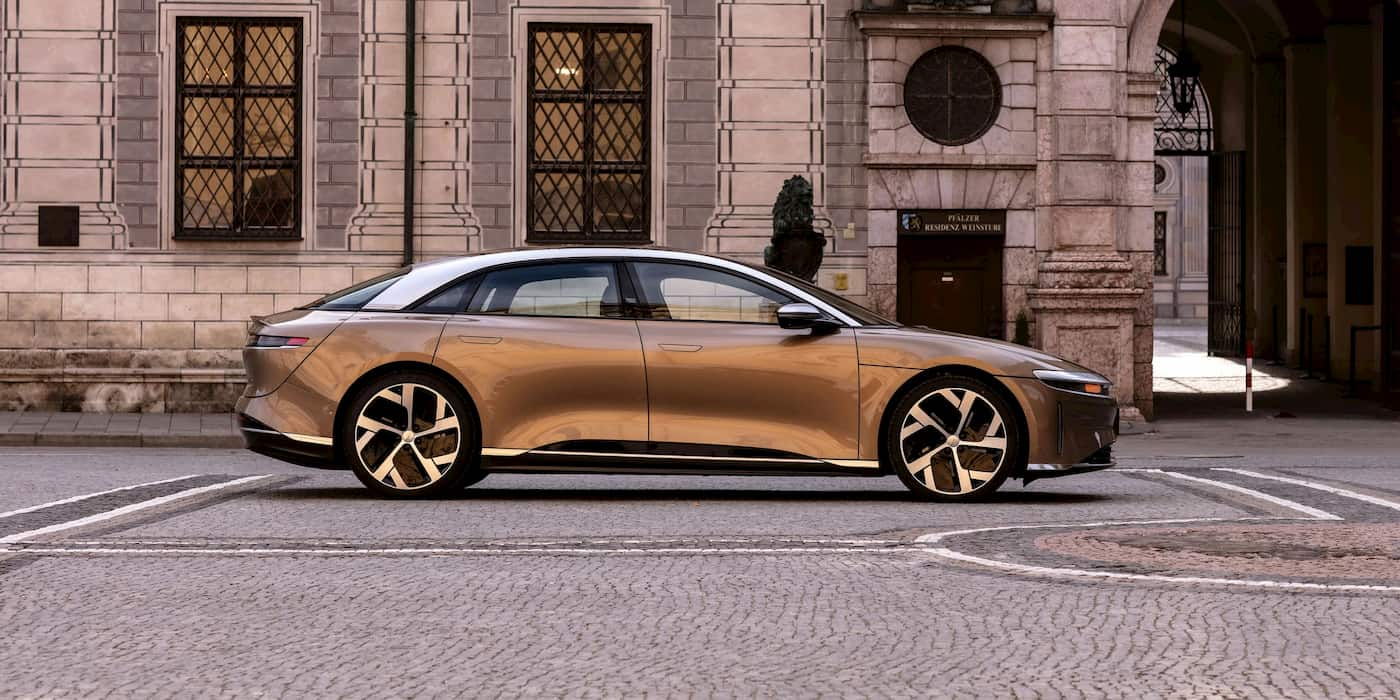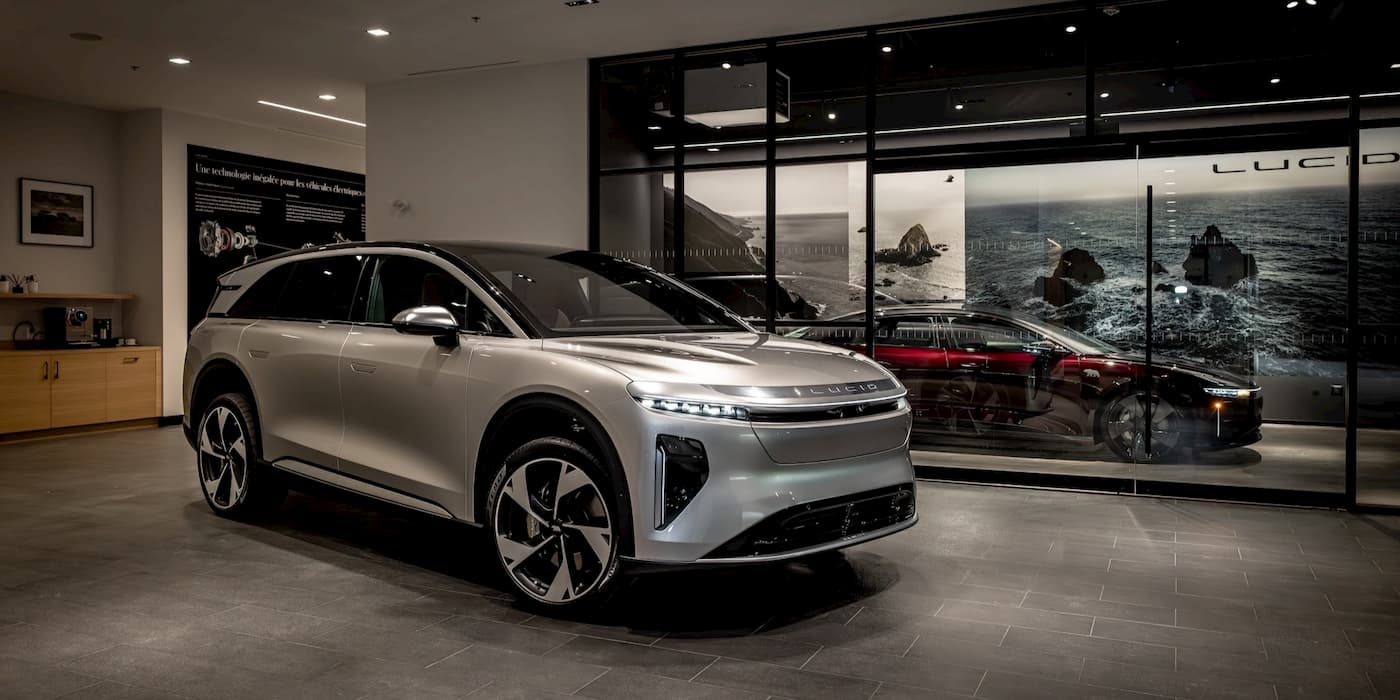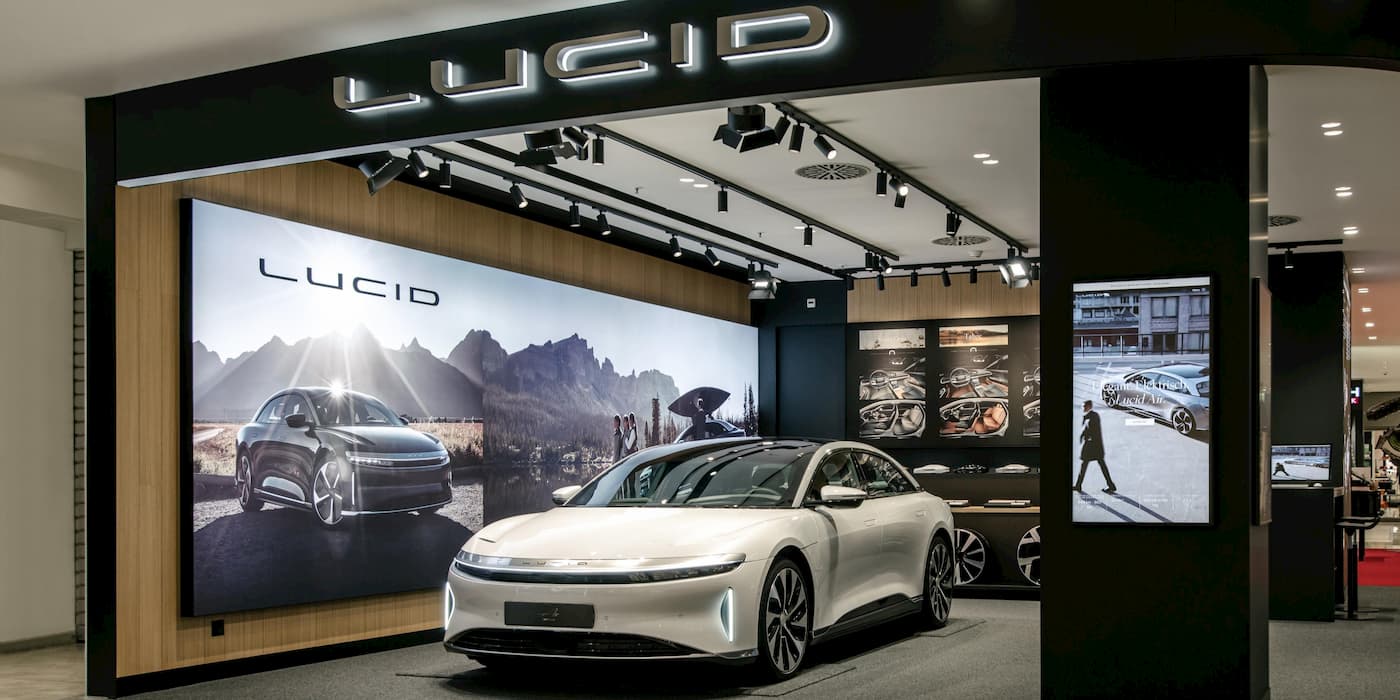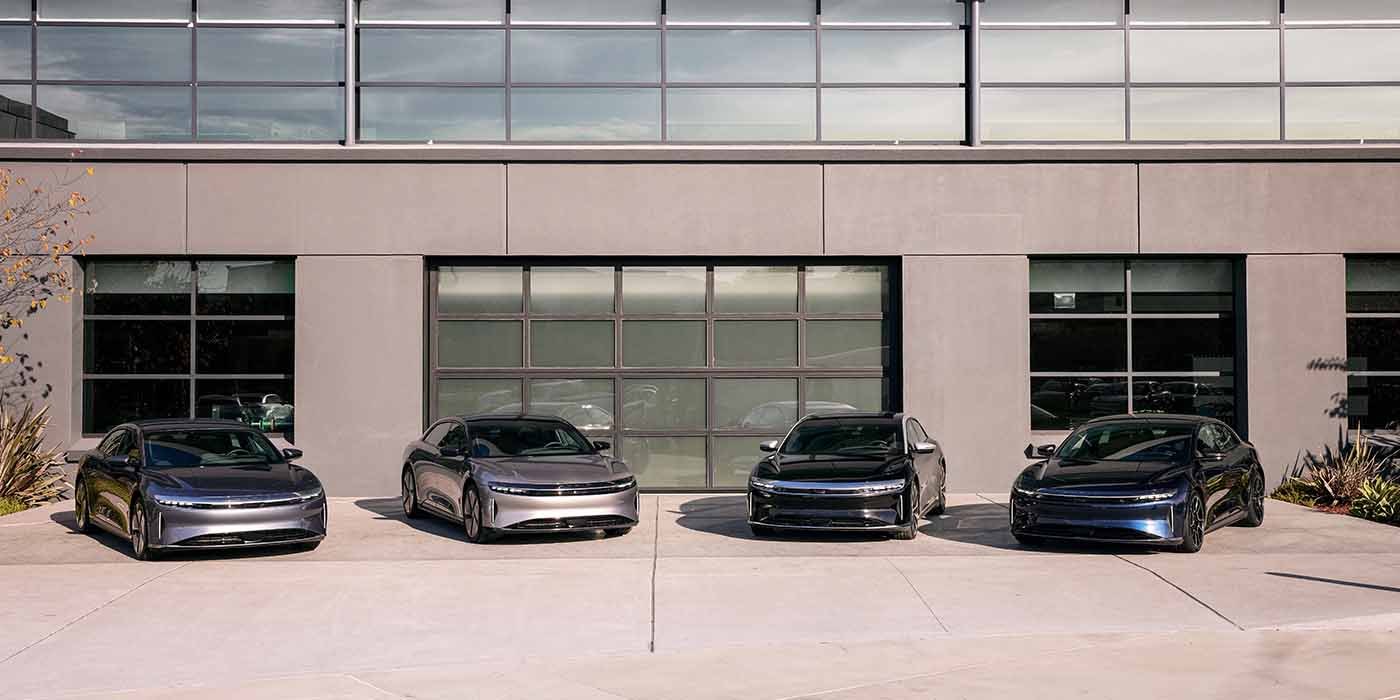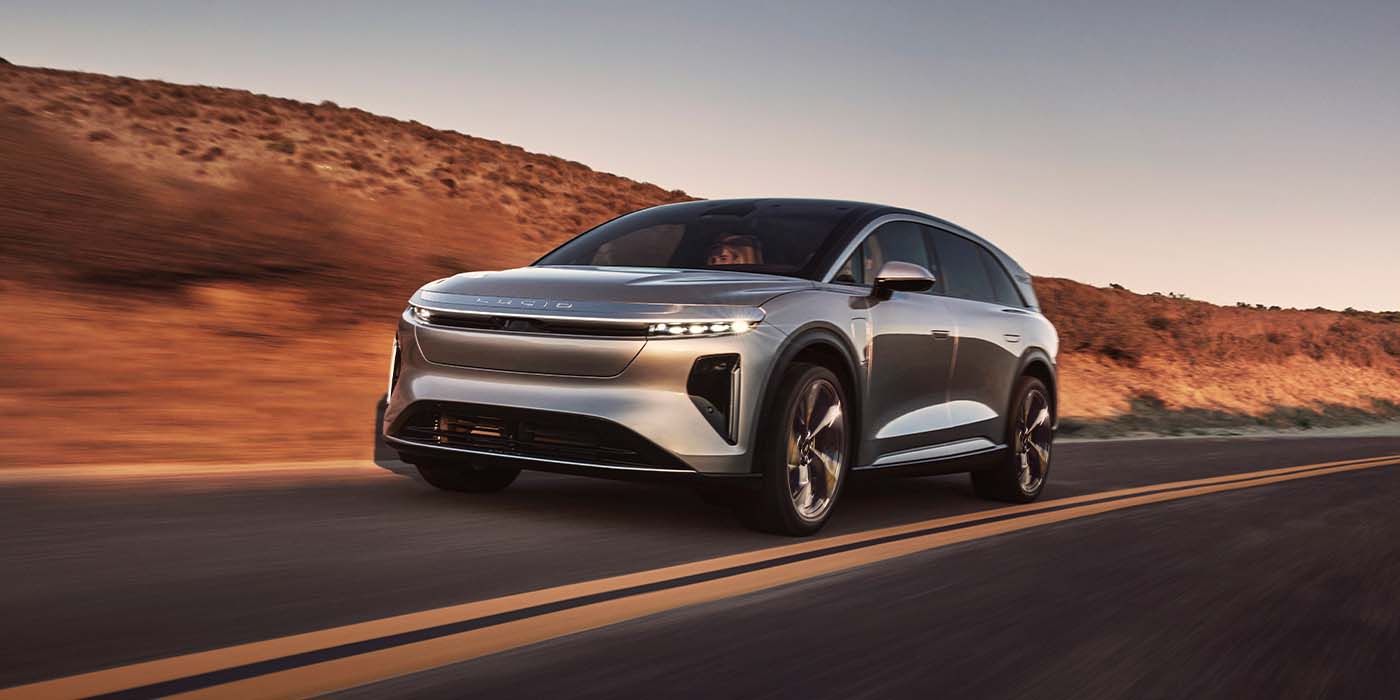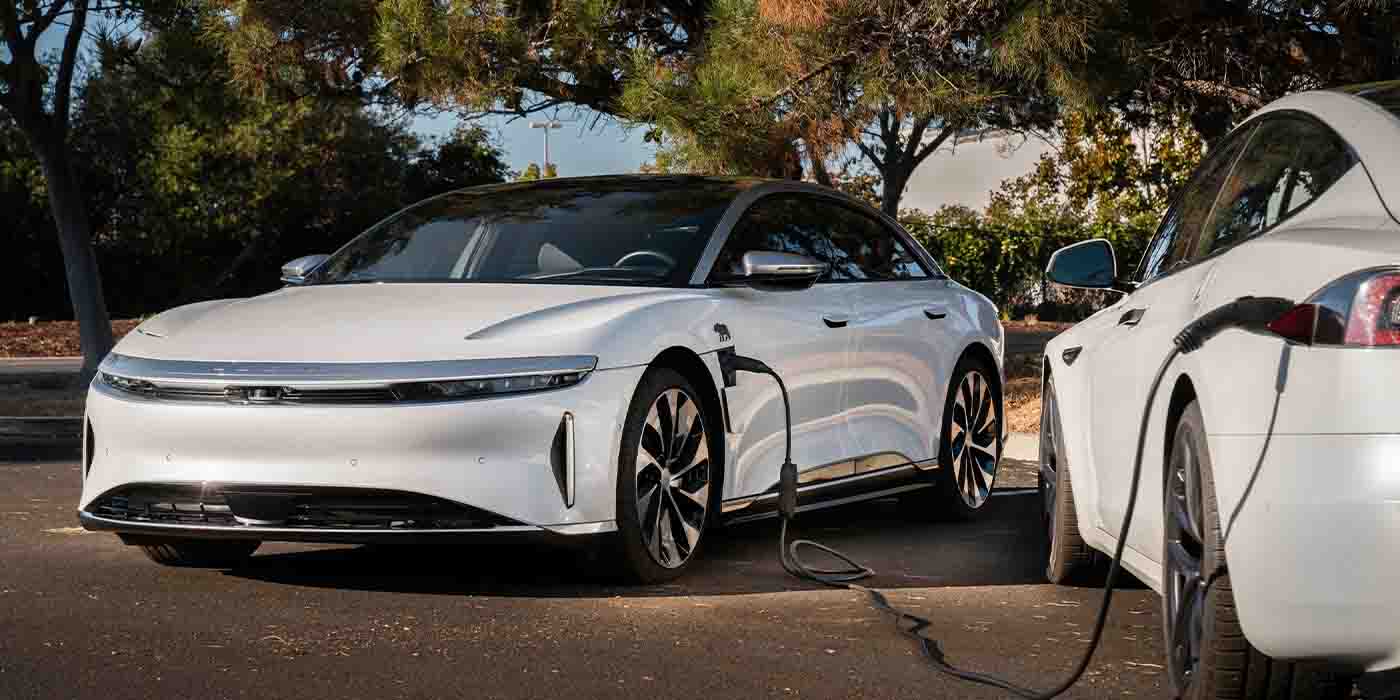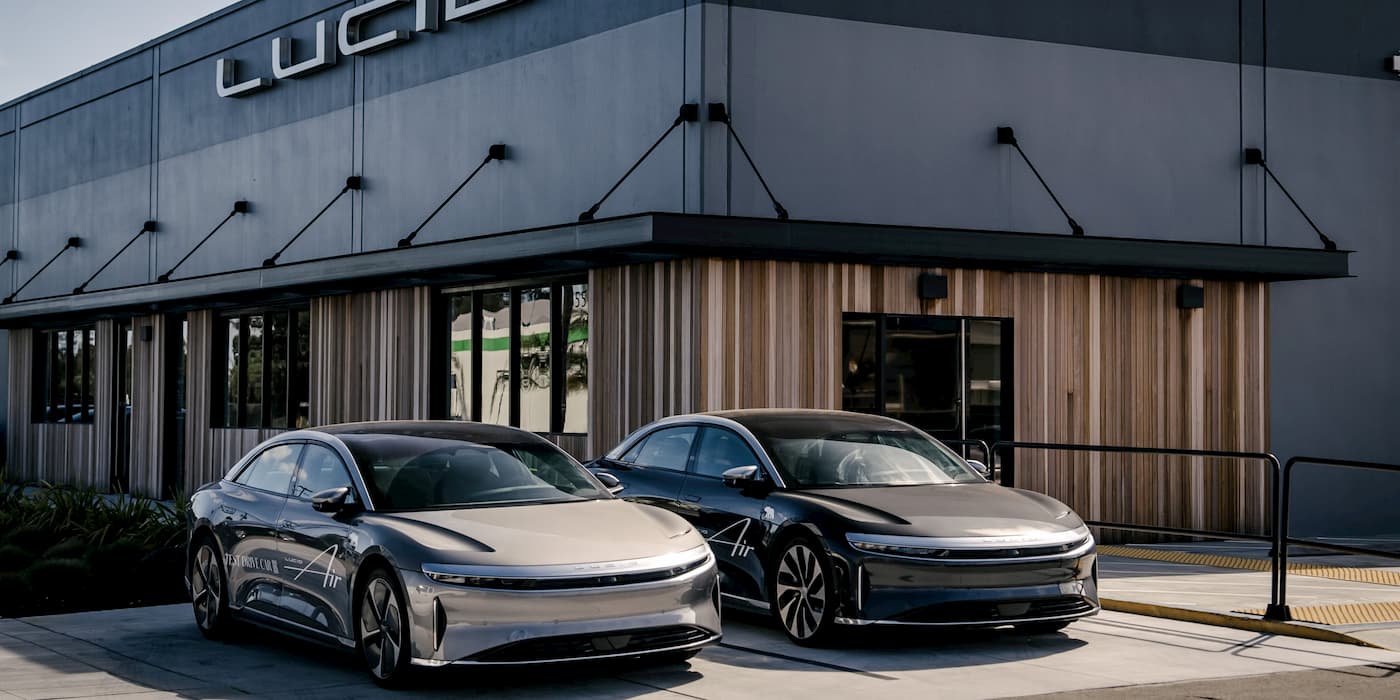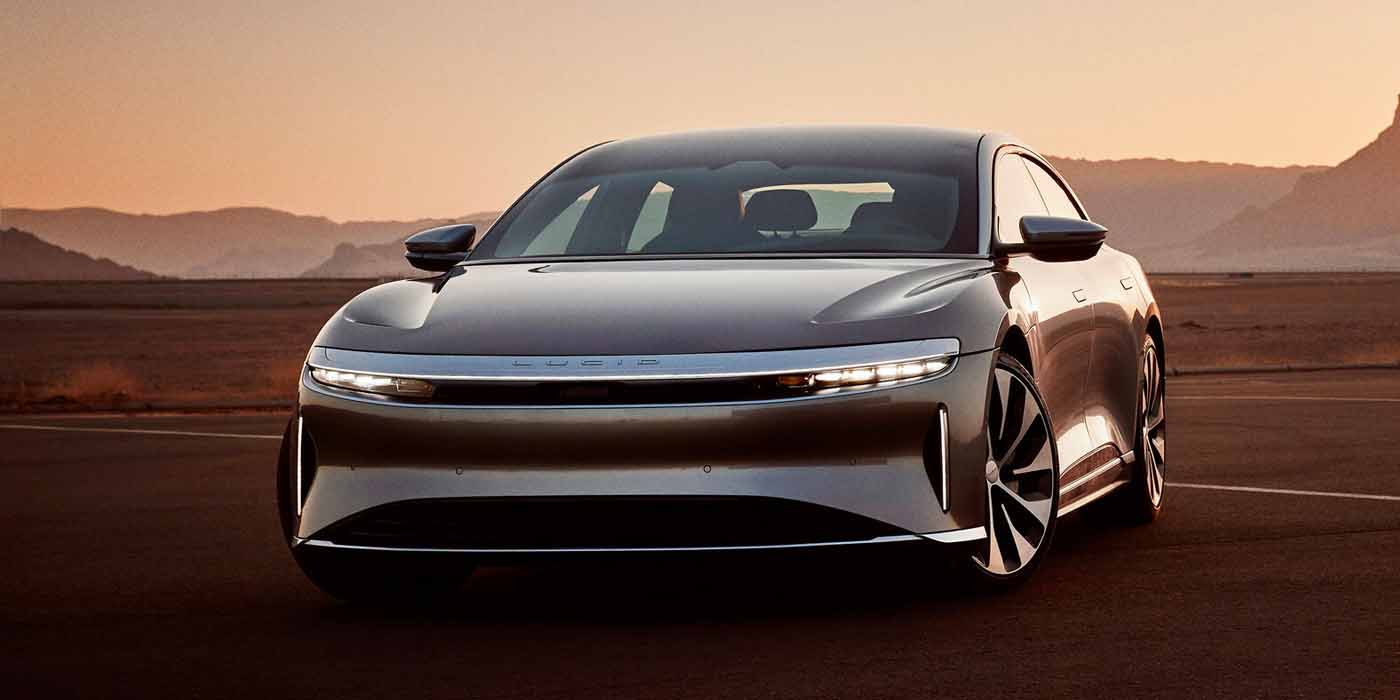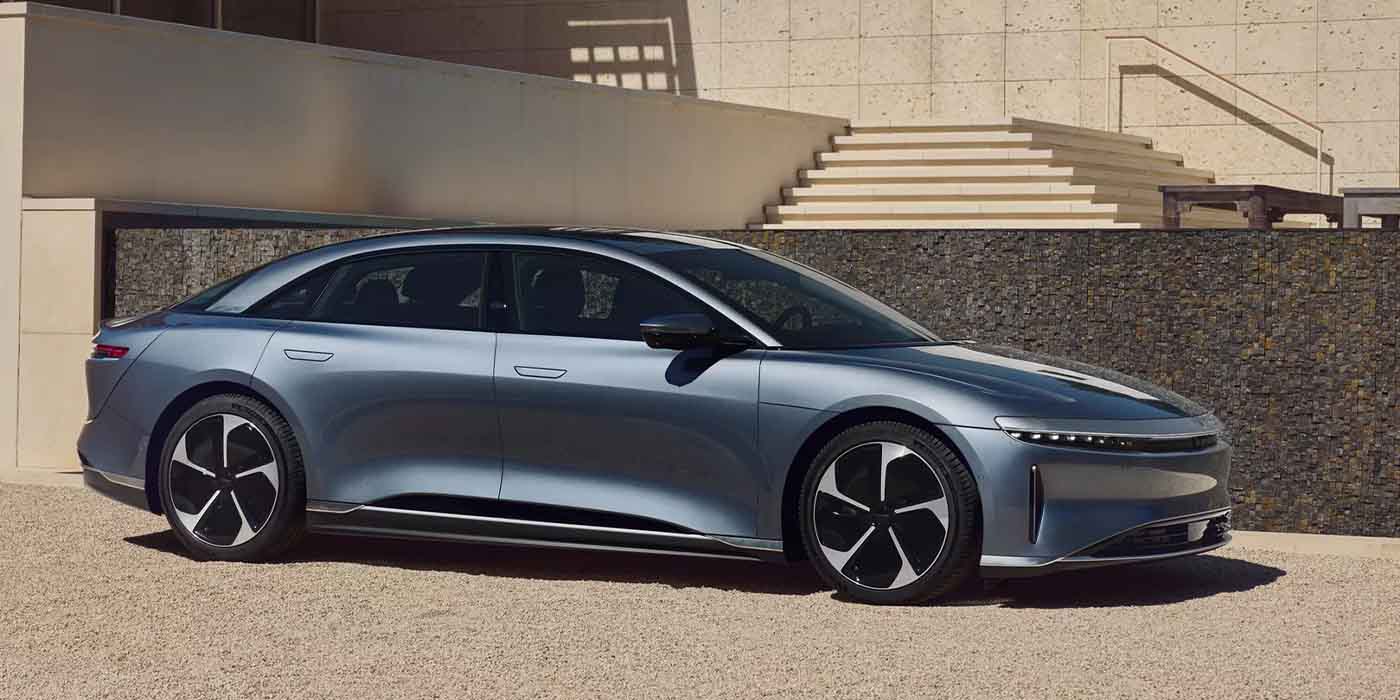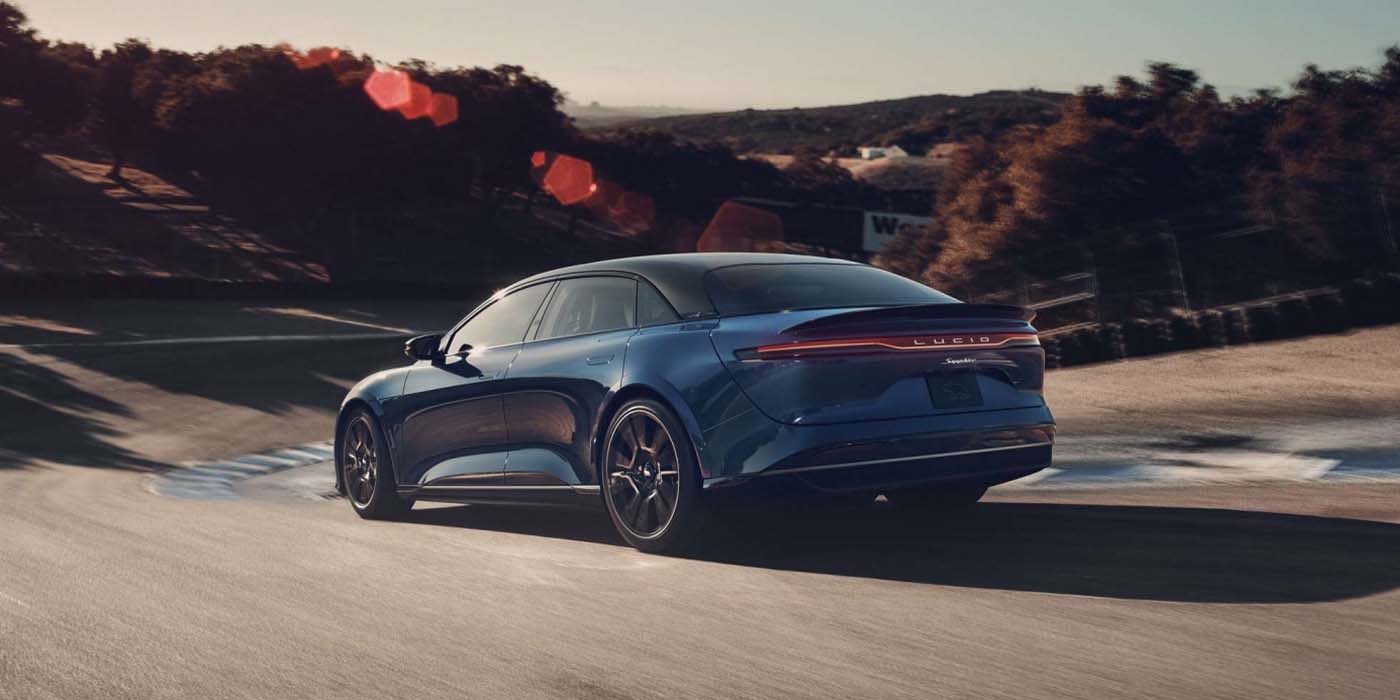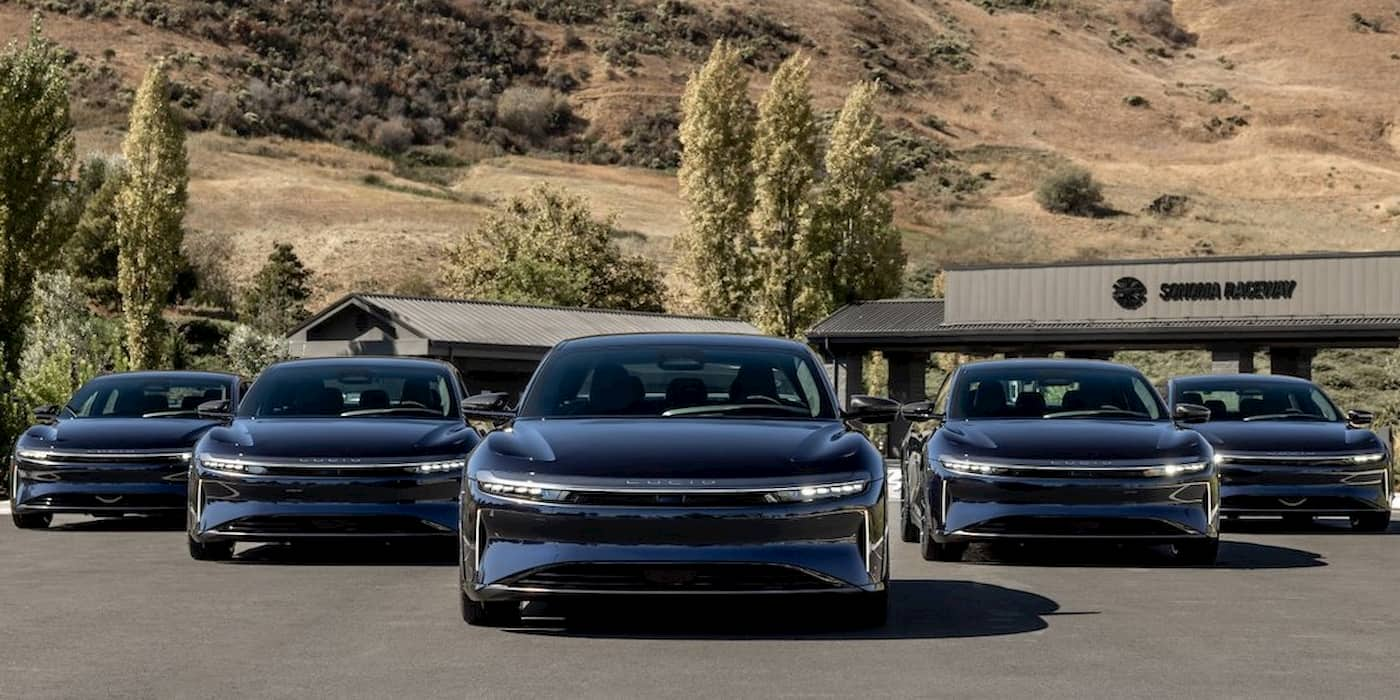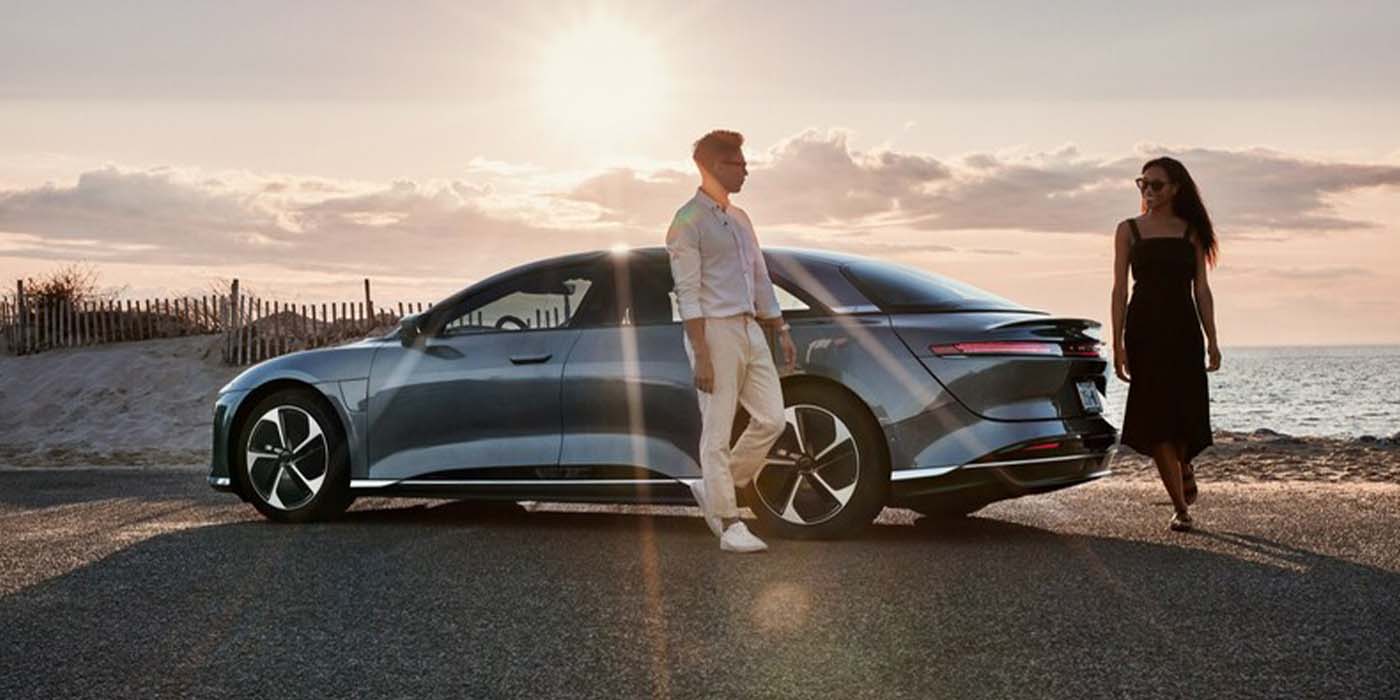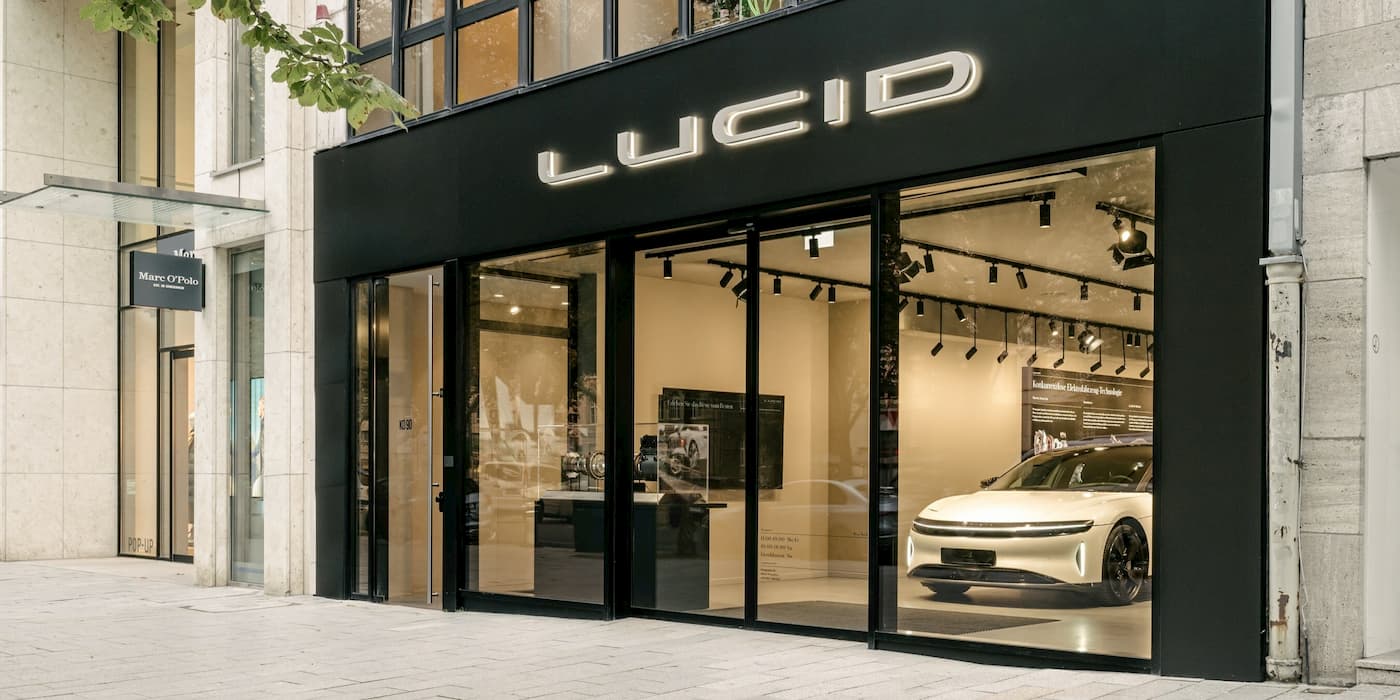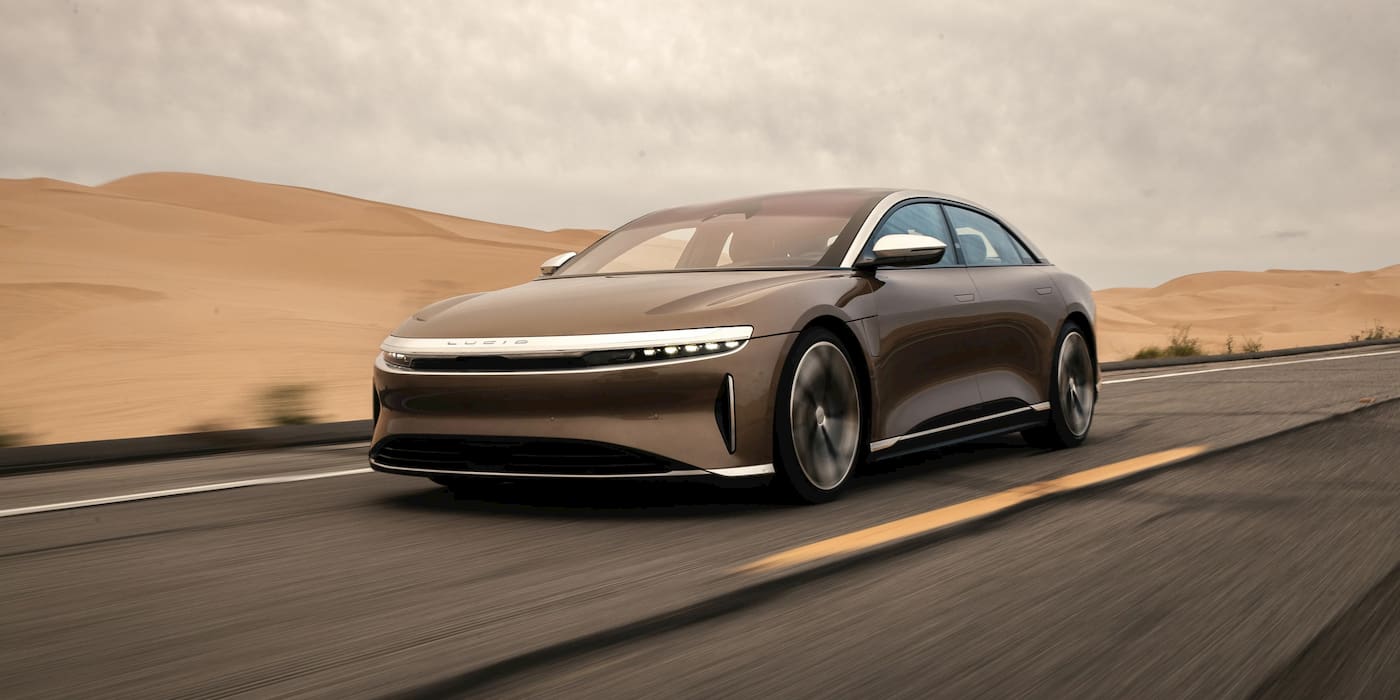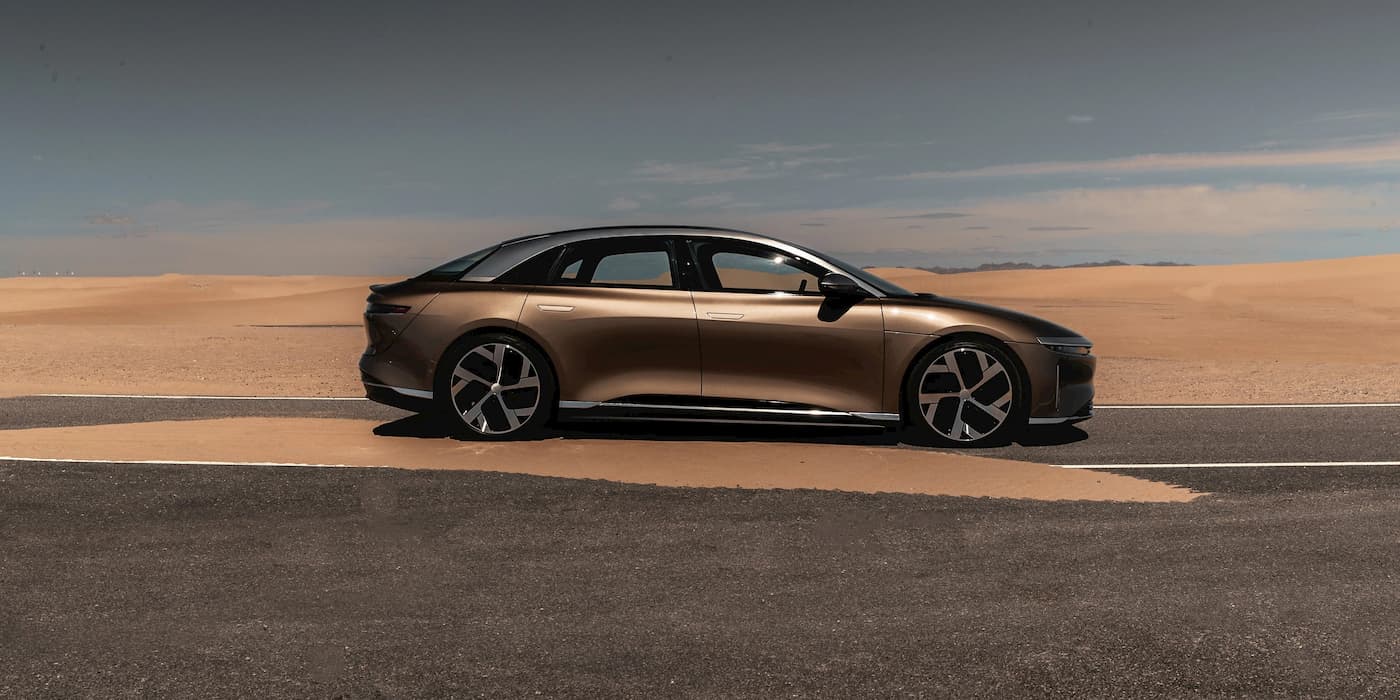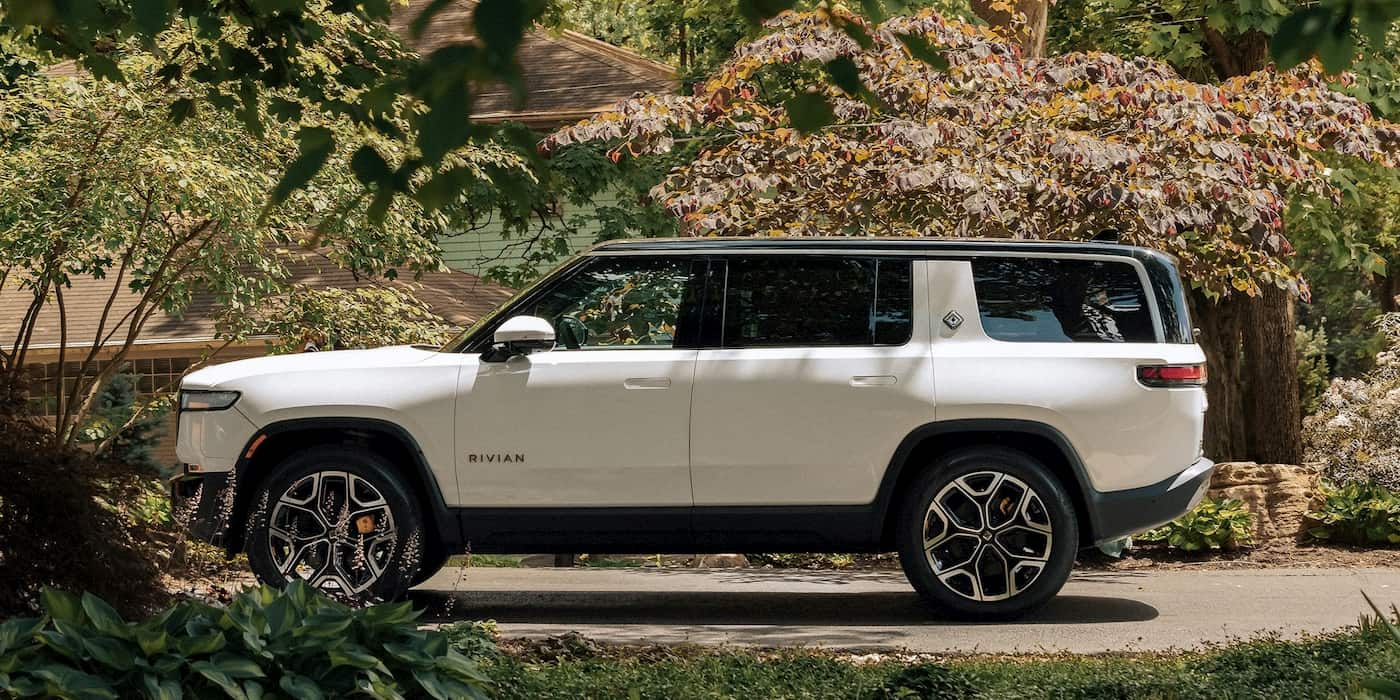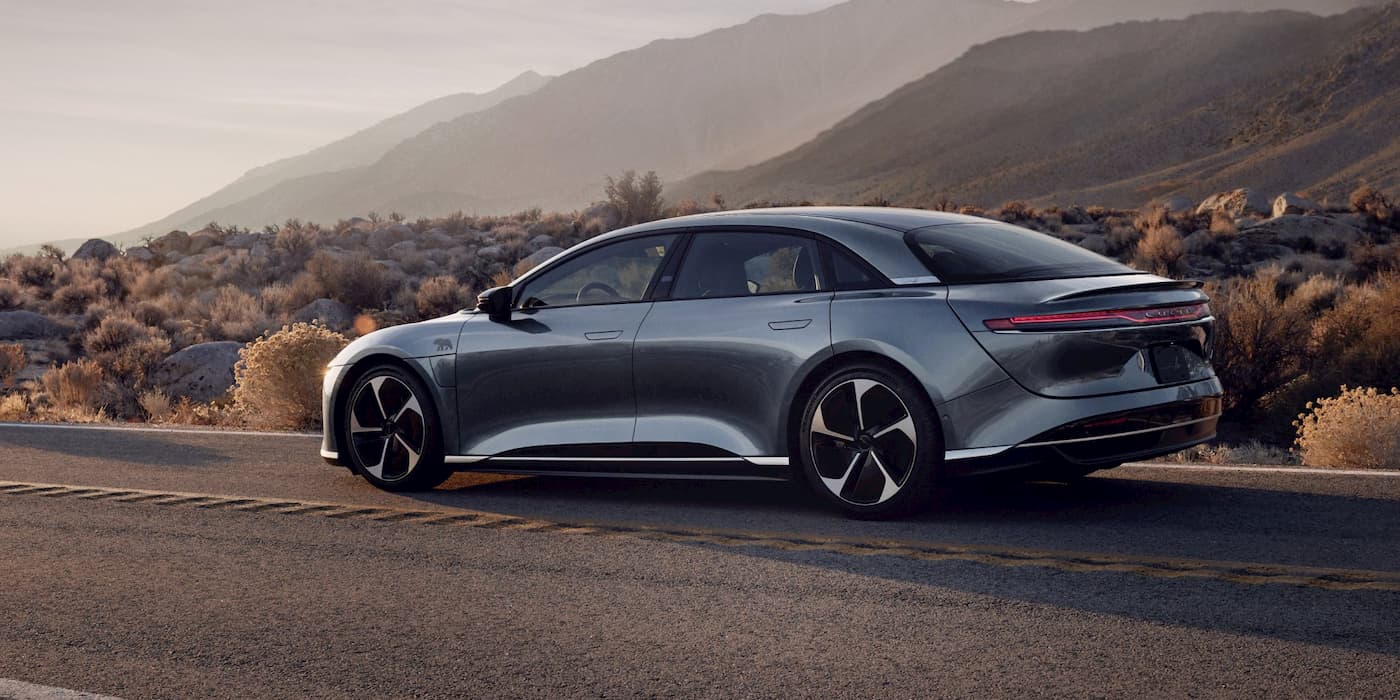Lucid Motors: The past, present, and future of the EV automaker
Lucid Motors (formerly Atieva) is an electric vehicle startup located in California.
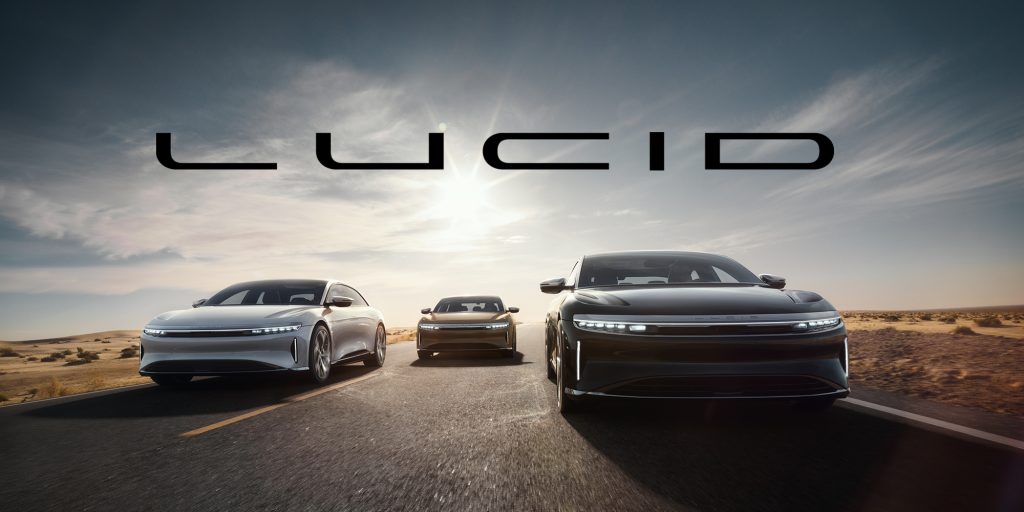
Table of contents
Lucid Motors History
Formerly known as Atieva, Lucid Motors was founded in 2007 and is based in Newark, California, near Silicon Valley. As Atieva, Lucid was originally focused on developing batteries and electric powertrains for other vehicle manufacturers. Eventually, it had accumulated over 50 patents pertaining to its core battery system in the US alone.
Atieva
By 2013, the company was a highly capable producer of connected battery packs and electric powertrains and began flirting with the idea of developing a car of its own. That is when Peter Rawlinson joined the team as Chief Technology Officer. Previously, Rawlinson has been the VP of Vehicle Engineering and Chief Engineer of the Model S at Tesla.
In 2014, Lucid garnered a nine-digit round of funding to develop its own complete vehicle. This included investments from companies like Venrock, Mitsui, and JAFCO — all of which remain investors today. According to Lucid’s website, the Atieva team then built a custom, 900 HP powertrain test vehicle. It remained ordinary looking from its exterior to stay unrecognized but could reach 60 mph in ~3 seconds with “a driving range that well exceeds today’s range limitations.”
Becoming Lucid Motors
In October of 2016, the company officially announced its intent to rebrand itself as Lucid Motors. Furthermore, the nascent automaker announced plans to produce an all-electric luxury vehicle.
A month later, Lucid officials, along with state officials from Arizona, announced plans for the automaker to break ground in Casa Grande on a $700 million purpose-built facility sitting on a 590-acre footprint. The first in North America.
Lucid AMP-1 Factory
Lucid calls this flagship factory AMP-1, an acronym for Advanced Manufacturing Plant. It is here that the company has developed and will produce its flagship EV, the Lucid Air sedan.
According to the automaker’s website, the factory design was implemented with a “future-ready” strategy in mind. According to Lucid’s VP of manufacturing, Peter Hochholdinger:
As we add new platforms and vehicles to our lineup, the planning that went into this facility ensures that we will always be able to keep up with growing customer demand for advanced electric vehicles.
That leeway to expand is apparent in footage of Lucid Motors’ new factory and hearing what substantial plans it has for the future. Phase 1, which was completed in November of 2020, has begun production on the Air sedan. It can currently build 34,000 vehicles per year.
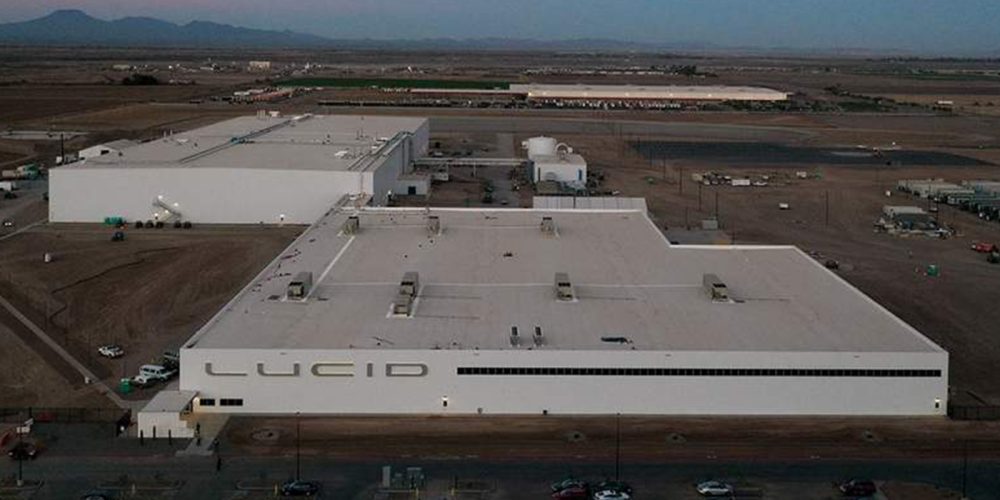
In addition to AMP-1, Lucid also has a powertrain factory about six miles up the road. This location manufactures modules, battery packs, inverters, drive units, and wunderboxes (Lucid’s unique charging units). After manufacturing, these components come to AMP-1 for final assembly.
Lucid is already preparing for phase 2 of the AMP-1 facility. This expansion will provide further space for the automaker to build its upcoming Gravity SUV. Furthermore, vehicle production is expected to increase from 34,000 to 90,000.
This increase could also assist Lucid in its goal of delivering Air sedans to Europe in the first half of 2022. Phase 2, aka “Project Gravity,” is slated to break ground at the end of 2021, and complete in summer 2023.
Lucid Motors plans to have four total phases for its Casa Grande facility totaling an estimated 5.1 million square feet and an eventual output of 400,000 vehicles per year.
We got the chance to tour AMP-1 alongside the exclusive powertrain facility and cover the experience.
Public Investment Fund of Saudi Arabia
In September of 2018, Lucid Motors revealed it was in talks with the Public Investment Fund of Saudi Arabia (PIF) regarding a funding investment of over $1 billion.
Lucid said it planned to use the huge round of funding to complete the final engineering and testing of the Lucid Air model, fund the first-phase construction of the aforementioned AMP-1 facility, begin commercial production of the Lucid Air, and implement a worldwide retail strategy. This deal was completed in April of 2019.
Soon, news began to surface that the Saudi investment was apparently contingent on Lucid establishing a manufacturing presence in the country. Bloomberg reports:
“Lucid raised more than $1 billion from the PIF in 2018, an investment that was conditional on the firm developing a site in Saudi Arabia, the people said. King Abdullah Economic City is about 60 miles (97 kilometers) north of Jeddah, the country’s second-biggest city.”
The report states that the electric vehicle company is now discussing building a factory near the city of Jeddah:
“Lucid Motors Inc. is in talks with Saudi Arabia’s sovereign wealth fund to build an electric vehicle factory potentially near the Red Sea city of Jeddah, according to people familiar with the matter.”
The report states that the plan could still change and that Lucid is looking at other locations.
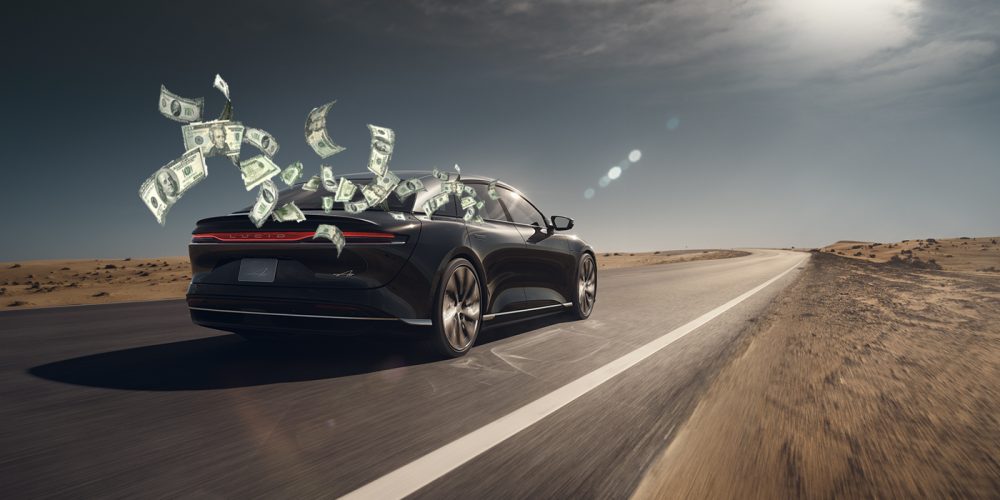
Lucid Motors’ SPAC Merger
In 2019, Lucid Motors named Peter Rawlinson CEO of the company, while he also maintained his previous role of CTO. Toward the end of 2020 and the beginning of 2021, rumors began to swirl about Lucid Motors working behind closed doors on a SPAC merger with Churchill Capital Group IV ($CCIV).
In late February, Lucid finally confirmed the rumors and announced the deal, which will be bringing $4.4 billion in cash to Lucid at a $24 billion valuation. Here are the highlights of the deal:
- Transaction provides additional growth capital as Lucid brings the over 500-mile range Lucid Air luxury electric sedan to market and expands rapidly to offer a broad range of electric vehicle products powered by Lucid’s proprietary electric powertrain technology.
- CCIV and Lucid are combining at a transaction equity value of $11.75 billion.
- The transaction includes an approximately $2.1 billion cash contribution by CCIV and a $2.5 billion fully committed PIPE with an investor lock-up provision that binds holders well beyond closing. The PIPE is priced at $15 per share (a 50% premium to CCIV’s net asset value) with an implied pro forma equity value of $24 billion.
- PIPE investment anchored by the Public Investment Fund (PIF) as well as funds and accounts managed by BlackRock, Fidelity Management & Research LLC, Franklin Templeton, Neuberger Berman, Wellington Management, and Winslow Capital Management.
- This transaction includes the largest-ever SPAC-related common stock PIPE.
- Lucid currently employs nearly 2,000 people, with 3,000 employees expected to be added in the US domestically by the end of 2022.
Current and future Lucid Motors EVs
While Lucid Motors has made huge strides in the past several years, it still has yet to deliver its flagship EV, the Lucid Air sedan. While the debut version of the Air called the Dream Edition was originally scheduled to begin deliveries in spring of 2021, Lucid Motors delayed its availability to a more broad timeline of “the second half of 2021.”
This move came with some controversy as the delay was announced shortly after the SPAC merger with CCIV, especially since CEO Peter Rawlinson had relayed that production was on track just weeks earlier. Rawlinson relayed that the delay was at the advice of CCIV, who told the automaker to take its time in delivering the first round of Air sedans to ensure they were top quality.
In an event in October, Lucid rolled its first Air Dream Editions off the assembly line. Electrek was there and got to test drive a Performance version of the Dream Edition Air as well. Lucid continues to deliver the 520 Dream Editions planned before it moves onto delivering the Air Grand Touring next.
This should get you up to speed:
- Lucid details DreamDrive ADAS platform, with ‘conditional automated driving in coming years’
- Lucid Motors introduces Lucid Care service program alongside vehicle warranty details
- Pirelli introduces EV dedicated tire to debut on the Lucid Air
- Lucid reveals UX – intuitive user experience on upcoming Air
- Lucid Air will be the world’s first vehicle to integrate Dolby Atmos
The automaker has also teased a second production model — an electric SUV called the Gravity.

Lucid Air
The Air was first unveiled in 2016 as a prototype, with production to begin once the Casa Grande facility had been completed. In 2018, the Lucid prototype began to make headlines by smoking the lap times of production vehicles like Jaguar’s I-Pace at the Laguna Seca course.
Next, the Air prototype beat a Tesla Model S head to head in a quarter-mile race, clocking in at 9.9 seconds. Not to be outdone, Lucid’s tri-motor Air then beat the Tesla Model S Plaid prototypes track record at Laguna Seca. While Tesla eventually regained the crown of the fastest production vehicle, the performance from Lucid turned some heads and helped the automaker gain fanfare.
In July of 2021, Lucid’s merger with CCIV became official, and the company celebrated the event with a PR campaign around New York.
Days before, black shipping containers began to pop up in areas such as Hudson Yards, Madison Park, and the Financial District. Soon the boxes were opened to reveal Lucid Air sedans encased in glass, for spectators to gain a closer look before the EV begins deliveries.
In September of 2021, Lucid Motors revealed the official EPA ratings of two of its four trims, and they were quite impressive. While the original estimates on the Dream Edition were over 500 miles, Lucid revealed that the Range version of the upcoming EV is actually 520 miles on a single charge.
The Performance version Dream Edition sacrifices range, but delivers 1,111 horsepower instead. That’s over 100 HP more than originally promised. In addition to the Dream Edition, Lucid revealed that its second available trim, the Air Grand Touring would arrive with an EPA range of 516 miles with 19″ wheels.
As the Air sedan continues mass production at its new AMP-1 facility, there are four variations planned to deliver over the course of the next year. Here is a breakdown of some of their specs, sorted by anticipated delivery.
| Lucid Air Model | EPA Range | Horsepower | Price* | Availability |
| Dream Edition Range (19″ wheels) | 520 mi. | 933 | $169,000 | Available |
| Dream Edition Range (21″ wheels) | 481 mi. | 933 | $169,000 | Available |
| Dream Edition Performance (19″ wheels) | 471 mi. | 1,111 | $169,000 | Available |
| Dream Edition Performance (21″ wheels) | 451 mi. | 1,111 | $169,000 | Available |
| Grand Touring (19″ wheels) | 516 mi. | 800 | $139,000 | 2nd half 2021 |
| Grand Touring (21″ wheels) | 469 mi. | 800 | $139,000 | 2nd half 2021 |
| Touring | 406 mi. (TBC) | 620 | $95,000 | 2nd half 2021 |
| Pure | 406 mi. (TBC) | 480 | $77,400 | Early 2022 |

Lucid Gravity
At the end of a reveal video of the Lucid Air sedan, CEO Peter Rawlinson stepped off camera to reveal an SUV in the background. This was one of the public’s first glimpses of its second planned production vehicle, an SUV called “Project Gravity.”
Since then, few further details have been shared since the Gravity is not a production EV yet. However, discovered patent images closely mimic the concept Lucid has previously teased.
Several patent images filed with the European Union Intellectual Property Office (EUIPO) show what a production Gravity may soon look like.
